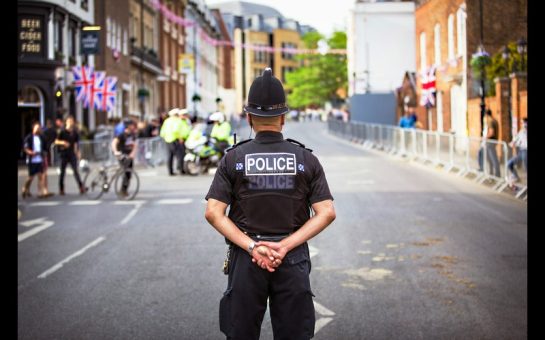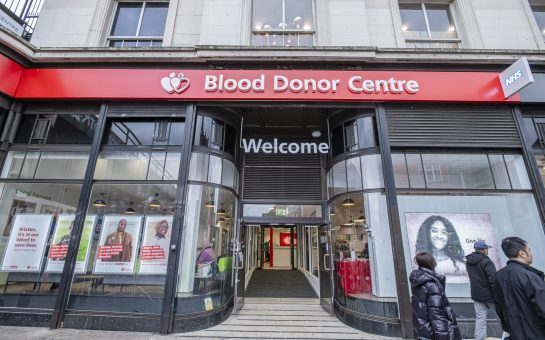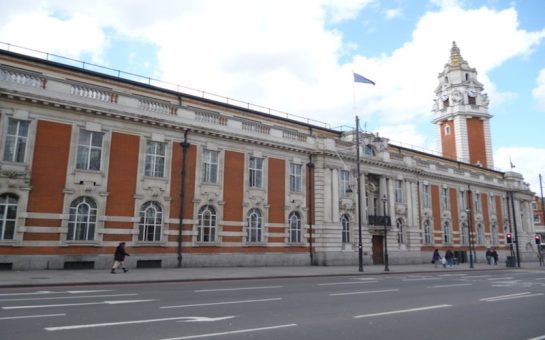Brixton-born Abdul Karim Abdullah won the Positive Role Model at The National Diversity Awards in September, but it has been quite a journey for him to get there.
The 32-year-old who works for the Young Lambeth Cooperative (YLC) as a pathways coordinator, and now chairs the Stop and Search Scrutiny panel for his community, experienced violence and prejudice first hand before choosing a brighter path.
Initially growing up in what he described as a loving two-parent household, life became more difficult after his parents separated at age 8.
School life became extremely difficult and every day on his way to and from school he would face people trying to start fights or rob him.
Mr Abdullah also explained that in his teenager years stabbings were not as prevalent as they are now, but “rushes” which involved a group of people setting out to attack someone, sometimes with knuckle dusters and baseball bats, was very much the norm.
He said: “Going to and from school was a warzone.”
“Every day after school the aim was to get back home as safely as possible and unscathed, and if we had to defend ourselves we had to make sure we were the victors, otherwise we’d be known as victims.”
He added: “Education wasn’t a main priority, it was survival.”
His teachers were unable to recognise some of the struggles he was going through which affected his behaviour.
Secondary school proved to be especially challenging when one teacher told him he was going to not only fail his GCSEs but fail in life.
He said: “I knew my potential and what I had to fight against, the things that were going on at home, the things that were happening in my local community with violence, the lack of support of people who understood what I was going through, but I knew that I had to be resilient and overcome, and I did overcome.
“Here I am today as a recognised, as a national award winner for youth and community work, so I proved that teacher wrong”.
Mr Abdullah also remembers the impact of his first stop and search, believing that having a big afro and wearing sporty clothes made him fit the description of someone who had either committed a robbery or had drugs.
Aged 13 he was stopped by the police for the first time on suspicion of robbery when running for the bus with his best friend.
He said: “They thrusted me into the car as if we were criminals because there was a big crowd watching.
“To the public, I’ll never forget, they looked like they were doing their job, they’d caught two young criminals. I’ll never forget how they put me into the car.”
From that point Mr Abdullah recalled being stopped about three to four times a month by the police.
He said: “To actually start to go through stop and search it made my automatic view of the police is that they’re systemically racist.”
Mr Abdullah now sees the police in a new light and works with officers on the Stop and Search Scrutiny Panel to ensure that stop and searches by the police are legal, ethical and professional.
He described the officers he works with as amazing, but said that even now he still feels uncertainty when he sees flashing lights or a police officer.
He credits his change in attitude and ambition to his former neighbour, Suliman, who became a positive role model and took the time to develop him.
He said: “After a few conversations they made such an impact that I changed the direction of where I was going to the direction of where I am now.
“His impact has been monumental in my life.”
Now Mr Abdullah is dedicated to helping young people escape violence, discover opportunity and to engaging with young people most at risk of falling victim to their circumstances.
He said: “I’m able to serve young people in the community that I grew in, for me that’s aiding and potentially saving lives in the preventative way.
“The most rewarding thing is knowing that the work that I do on a day to day basis potentially, or is, saving lives. I don’t think there’s anything higher or anything more significant than saving lives.”




